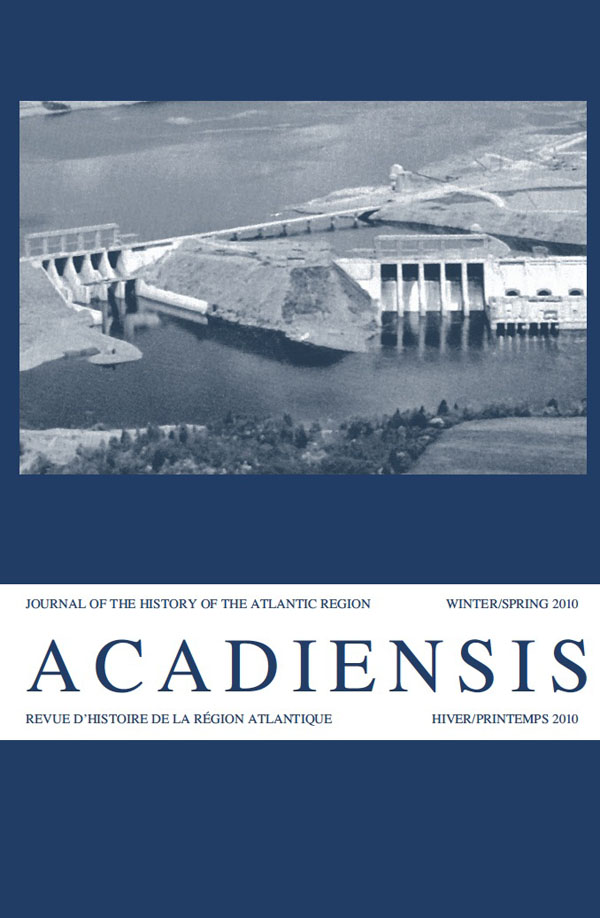Abstract
This article, using census data, reports of government departments, and nongovernmental organizations, print media, and popular culture depictions, explores how Atlantic Canadians (often dubbed “Maritimers”) were problematized in the greater Toronto area during the 1960s. Most migrants blended in, but many retained cultural links through various “east coast” taverns and social clubs. Much like the movement of white economic migrants from Appalachia to the American urban Midwest, the migration of Maritimers and Newfoundlanders prompted mixed responses in Toronto, where officials claimed that poor, rural, undereducated, and unskilled migrants were a source of social pathology. Résumé À partir de données de recensement, de rapports de ministères et d’organisations non gouvernementales, de la presse écrite et de leur image dans la culture populaire, cet article explore comment les Canadiens des provinces de l’Atlantique (souvent appelés les « Maritimers ») ont été dépeints comme un problème dans la région du Grand Toronto dans les années 1960. La plupart de ces migrants se fondirent dans la masse, mais bon nombre d’entre eux conservèrent des liens culturels par l’intermédiaire de plusieurs tavernes et clubs de rencontres « de la côte est ». Tout comme le mouvement de migrants économiques blancs des Appalaches vers les régions urbaines du Midwest américain, la migration d’habitants des Maritimes et de Terre-Neuve suscita des réponses variées à Toronto, où des fonctionnaires affirmaient que les migrants ruraux pauvres, sous éduqués et non qualifiés étaient un source de pathologie sociale.Copyright for articles published in this journal is retained by the author(s), with Acadiensis being granted a non-exclusive licence to each and every right in the work throughout the world. After publication of the work, the author(s) shall have the right to self-archive the work and to reprint the work in whole or in part in books authored by or edited by the author(s) without the payment of any fee. In these other formats, however, the author or authors are required to acknowledge the original publication of the work in the pages of the journal. In the case of any requests to reprint the work, Acadiensis will require a standard permission fee -- to be divided equally between the journal and the author. In the event that such requests are received by the author(s), the author(s) shall direct such requests to the journal.

